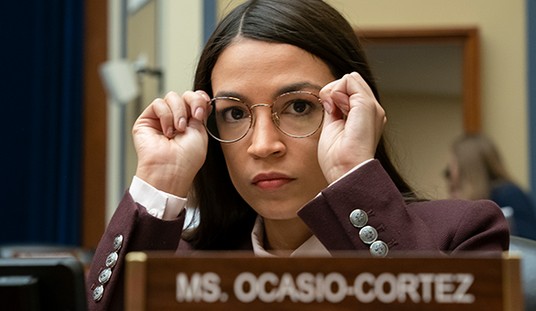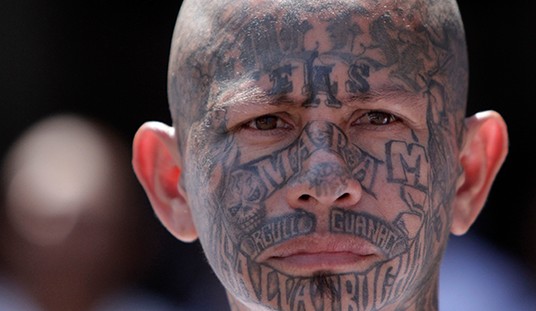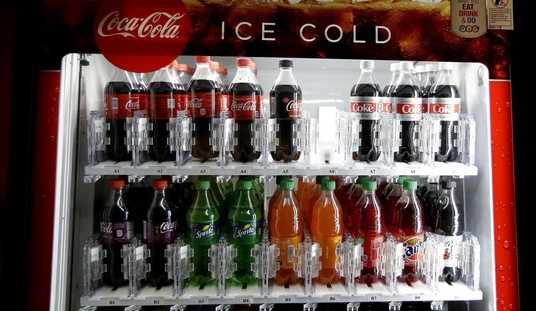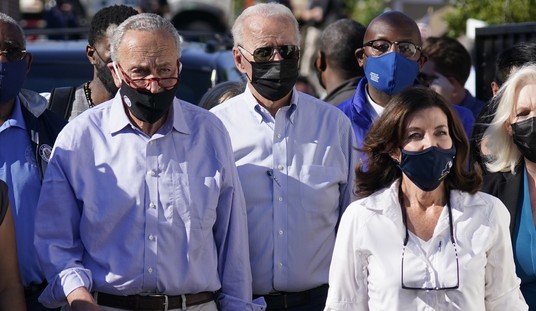
Be careful the approval you seek, Quentin Tarantino.
In the latest dispatch from the annals of “We’re woke and we’re here to shame you,” director Tarantino, who was questioned in May by the New York Times about the lack of lines for his female character in his new film “Once Upon A Time…In Hollywood,” is being “questioned” again, but this time in that very public, career-destroying way the morally superior have chosen.
The online Thunderdome. And they got downright mathematical about it
We counted every line in every Tarantino movie to see how often women talk. This involved me seeing Once Upon a Time… two nights in a row, furiously making hash marks in a notebook in the dark while getting intermittent death stares from my seat neighborhttps://t.co/bT2nU23TMn
— Elijah Wolfson (@elijahwolfson) August 6, 2019
Whether or not you accept Tarantino’s implicit argument that he had no choice when it came to scripting the character of Sharon Tate, it is certainly the case that, historically, female characters in his films have had fewer lines of dialogue than their male counterparts.
We watched all 10 of his feature-length films and counted how many lines of dialogue were spoken by male and female characters in each. Before watching, we created a set of rules for what exactly would count as a line:
- a “line” had to be at least three words long (e.g., “stop!” did not count as a line)
- narration voice-overs counted so long as they hit the word cutoff
- off-screen dialogue counted so long as it hit the word cutoff
Yikes. It’s pretty hard when your friends turn on you. Especially when their arguments are patently silly (wasn’t one of the coolest things about Rambo: First Blood and pretty much every Clint Eastwood movie that the main characters were able to command the screen without much dialogue?) and it’s clear you’re simply one of the newly designated man-criminals (maybe because of your associations with some other powerful men in Hollywood who have mighty reputations for how they treat women (ahem, Weinstein, ahem)).
And they’re coming for Tarantino for his failure to show appropriate sensitiveness to the other -isms, as well (an issue for which they have a better argument).
She sees Tarantino’s film as another way Hollywood has, historically, tried to diminish her father’s accomplishments as one of its first prominent Asian Americans.
“He was continuously marginalized and treated like kind of a nuisance of a human being by white Hollywood, which is how he’s treated in the film by Quentin Tarantino,” says Lee. “I hope people will take the opportunity to find out more about Bruce Lee because there’s a lot more to find out and a lot more to get excited about. This portrayal in this film is definitely not that.”
Adds Inosanto, who says he received an outpouring of letters from fans all over the world following Lee’s death, “Bruce Lee broke ground for Asian Americans. Breaking in as an Asian was very, very difficult at that time. He paved the way for all the action stars.”
Ironically, they’re behaving like one of Tarantino’s best-known heroes, who, also ironically, happens to be a woman.
«That woman deserves her revenge and we deserve to die»
'Kill Bill: Vol. 1’ (2003, Quentin Tarantino) pic.twitter.com/qPUYVZB0Cx
— Lost In Film (@LostInFilm) August 6, 2019
You chose your alliances poorly, Q. I’m not sure even The Bride can beat the Social Justice Warriors.













Join the conversation as a VIP Member